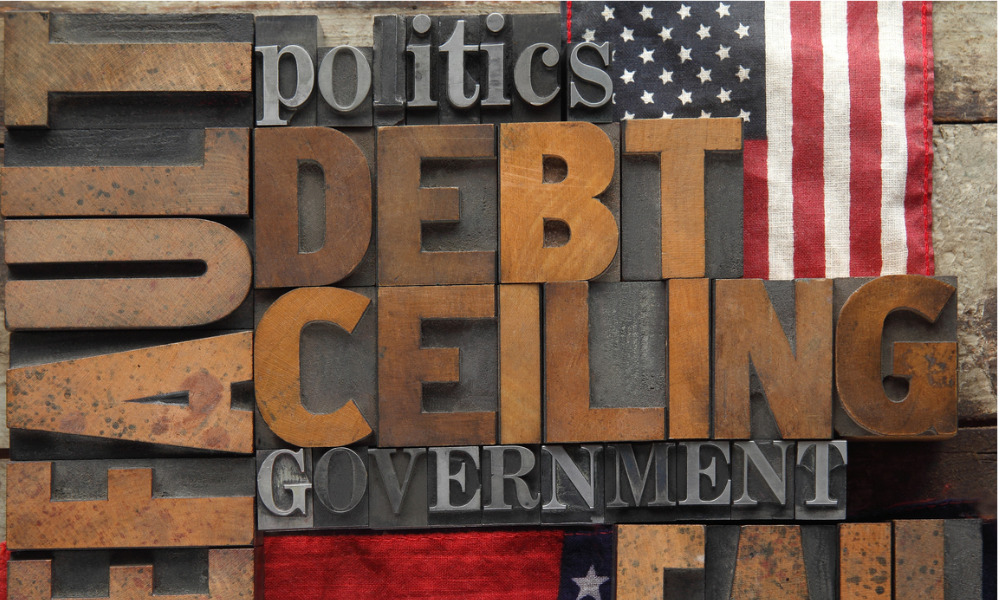A total default would be disastrous for the U.S. Treasury

Since 2002, the United States has been in deficit, but at a lower level than it is now. The debt cap, also known has either been postponed or raised each year up until this point since 2011, when the United States' credit rating was reduced from AAA to AA+. The debt ceiling in 2011 was $14.3 trillion USD. Today, this amounts to US$ 31.4 trillion, a more than twofold increase.
According to Christine Tan, Portfolio Manager at SLGI Asset Management Inc., on January 19, 2023, the United States reached its existing debt cap. To prevent a default, the US Treasury has been taking extreme steps to pay its debts, such as temporarily stopping or cutting some federal investments. Depending on Federal tax income inflows, Treasury Secretary Janet Yellen has warned that the government's coffers will be empty by June 1, 2023.
Tan pointed out that Congress has been at an impasse because 43 Republican senators have “united behind the House Republican conference in support of spending cuts and structural budget reform as a starting point for negotiations on the debt ceiling,” as stated in a letter to Senate Majority Leader Chuck Schumer.
The debt ceiling has an impact on expenditure that has already been approved, as the U.S. has emphasized. President Joe Biden is not interested in linking future budgetary and spending debates to the debt ceiling.
What could possibly happen?
Tan said that a complete default would be disastrous for the United States, politics notwithstanding. Treasury bonds, which have long had access to affordable borrowing rates. Stock market turbulence, the suspension of government benefits (Medicare, Social Security, Medicaid), a delay in the payment of federal wages, and a rise in borrowing rates as Treasuries lose their position as safe haven investments are all potential negative effects of a default.
A last-ditch agreement, maybe with limitations on government expenditure categories in exchange for a rise in the debt ceiling, is probably necessary due to the grave consequences.
Debt limit talks are not unusual, Tan pointed out, but the two sides have never been this acrimoniously divided. Even if it may happen at the last minute, the foundation of the case is a resolution. Or the debt ceiling might be "temporarily" suspended to give both parties more time to reach a consensus.
The penalty of not fixing this is far too great and might possibly result in a further lowering of the U.S. credit rating.



